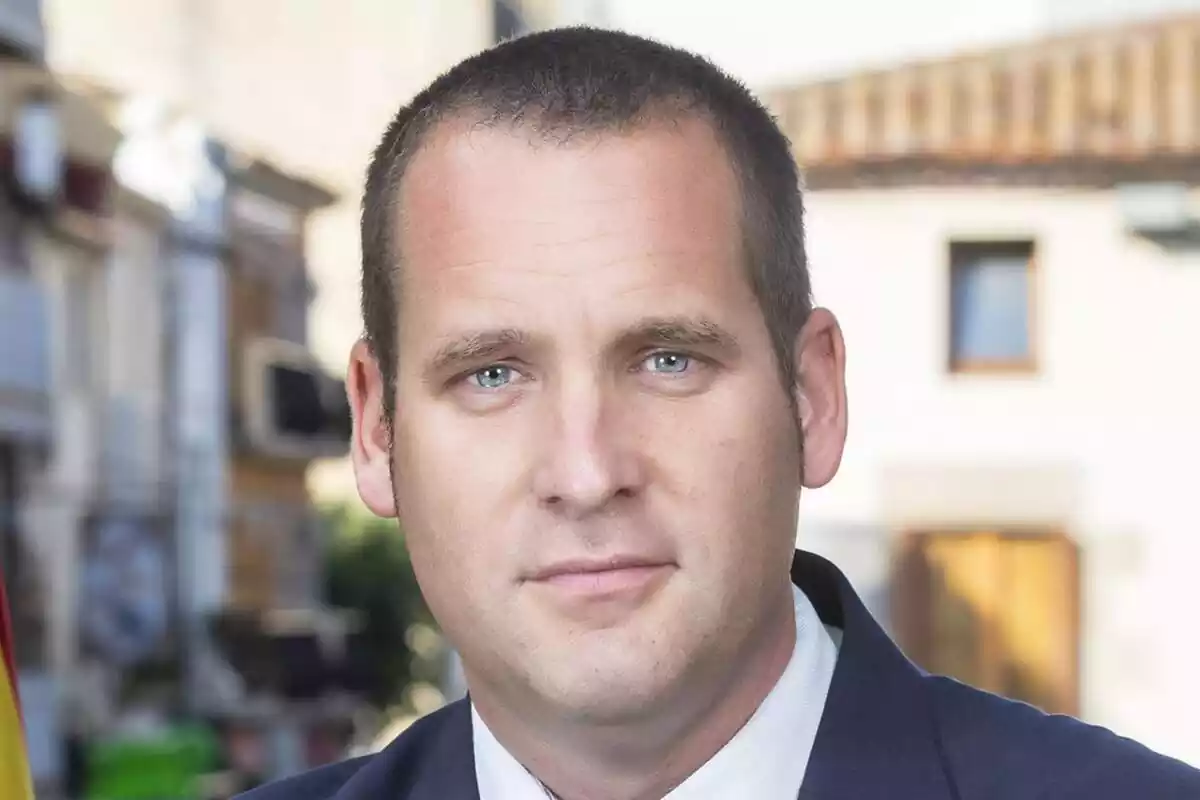
From Calella to Vic: Junts's Local Sections Lead the Way Against Insecurity
The leaders of the formation in Figueres, Manresa, Cabrera, or Sant Cugat speak and act without complexes
The post-procés stage in Catalonia has accelerated the contradictions of the pro-independence parties, especially Junts. Carles Puigdemont has regained absolute control of the party to push for an ideological shift to the right. However, the attempt to transform Junts into a party of order often clashes with its progressive remnants.
Within the party, various sensibilities persist from the left touching ERC to the right bordering Aliança Catalana. This has accentuated Junts's bipolarity. Meanwhile in Madrid, it leans to the right, in Catalan national politics it is dragged by PSC, ERC, Comuns and Junts.
The issue of security and immigration is the best example of the bipolarity between a constrained Junts and an unrestrained one. The distance is especially evident between the party's national executive and the local sections.
Maresme, Ground Zero
Junts mayors in Maresme were the first to raise their voices about the problem of security and irregular immigration.
Cities like Calella or Pineda received large contingents of illegal immigrants who were housed at night in coastal hotels. At the same time, crime was increasing, with gangs of young people sowing chaos with total impunity.
Marc Buch, mayor of Calella, pushed for a petition for a penal reform to toughen punishments.

Another pioneering mayor has been Cabrera de Mar's Óscar Fernández, who has managed to reduce crimes by more than 50% in record time. The formula is simple: increase police forces, deploy them to the most dangerous areas, use technology and install more video surveillance.

A reference of Junts's hard line on security and immigration is Jordi Maquef, mayor of Figueres. He also raised his voice to demand tough measures against repeat offenses. He criticized the prevailing permissiveness in Catalonia and approved arming the police with taser guns and pepper spray.

Vic Breaks the Sanitary Cord
One of the areas most affected by insecurity is central Catalonia. Cities like Vic and Manresa lead the crime rankings. Vic's mayor, Albert Castells, was a pioneer in breaking the sanitary cord with Som Identitaris (SOMI) and joined the Junts delegation to Congress to request the reform of the penal code.
Junts's leader in the opposition of Manresa, Ramon Bacardit, champions the toughest discourse against squatting, insecurity and Islamism. Meanwhile, Junts's local sections in Manlleu and Igualada have hardened their speeches. There are dozens of municipalities where Junts leads the fight against squatting and insecurity without complexes.
Another recent example is Junts Sant Cugat, which has conveyed to Carles Puigdemont their willingness to raise again to 10 the minimum number of years registered to access public housing.
Junts's Complexes
Junts's leadership supports and even endorses these discourses because they know it can give them an advantage in their competition against Aliança Catalana. However, at the same time, they support the sanitary cords in Parlament and vote against motions to toughen penalties or curb illegal immigration.
Junts's leaders one day say they want immigration powers to get tough, and the next day they want them to close the CIE. Faced with disorientation, the mayors, who are the ones on the ground every day, set the path to recover a project of order.
This explains that while Junts's local leaders call for a tougher stance to punish criminals and curb illegal immigration, in Parlament deputies like Agustí Colomines see the far right everywhere and propose human rights courses for Salafist imams.
More posts: